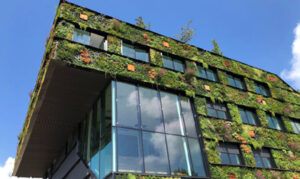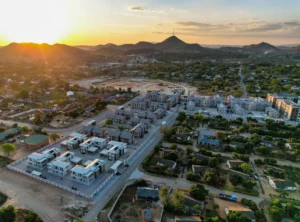By Martin Chemhere
The imperative for Zimbabwe’s construction sector to embrace green skills has become increasingly apparent, as the nation strives to balance rapid infrastructural development with pressing environmental concerns.
Developing these skills, encompassing sustainable design and building practices, green technologies and materials, and efficient resource use, is no longer a luxury, but a necessity.
The construction sector, a significant contributor to carbon emissions and resource depletion, must evolve to meet the challenges of a changing climate and growing population.
For instance, understanding how to implement passive cooling techniques, like strategic building orientation and the use of thermal mass materials, can drastically reduce energy consumption for air conditioning.
Similarly, knowledge of renewable energy integration, such as solar panel installation and grid connectivity, is crucial for powering buildings sustainably.
The adoption of eco-friendly materials, like locally sourced, sustainably harvested timber or recycled construction aggregates, minimizes the environmental footprint of projects. Moreover, water conservation techniques, including rainwater harvesting and greywater recycling, are essential in a water-stressed region.
Across Africa, several nations are already making strides in developing green construction skills.
Countries like Rwanda, known for its commitment to environmental sustainability, have incorporated green building standards into their national planning policies, encouraging the use of sustainable materials and energy-efficient designs.
South Africa has seen a rise in accredited green building professionals, driven by initiatives like the Green Building Council South Africa, which promotes training and certification.
Kenya has also advanced in this area, with numerous projects showcasing innovative green technologies, particularly in the use of locally sourced materials and solar energy.
Morocco, with its ambitious renewable energy goals, has invested heavily in training programs to equip its workforce with the necessary skills for sustainable construction.
These examples highlight the potential for Zimbabwe to learn from its neighbors and accelerate its own transition to a greener construction sector.
Only when Zimbabwe starts investing in training programs, promoting knowledge sharing, and incentivizing sustainable practices, can it build a resilient and environmentally responsible future.










